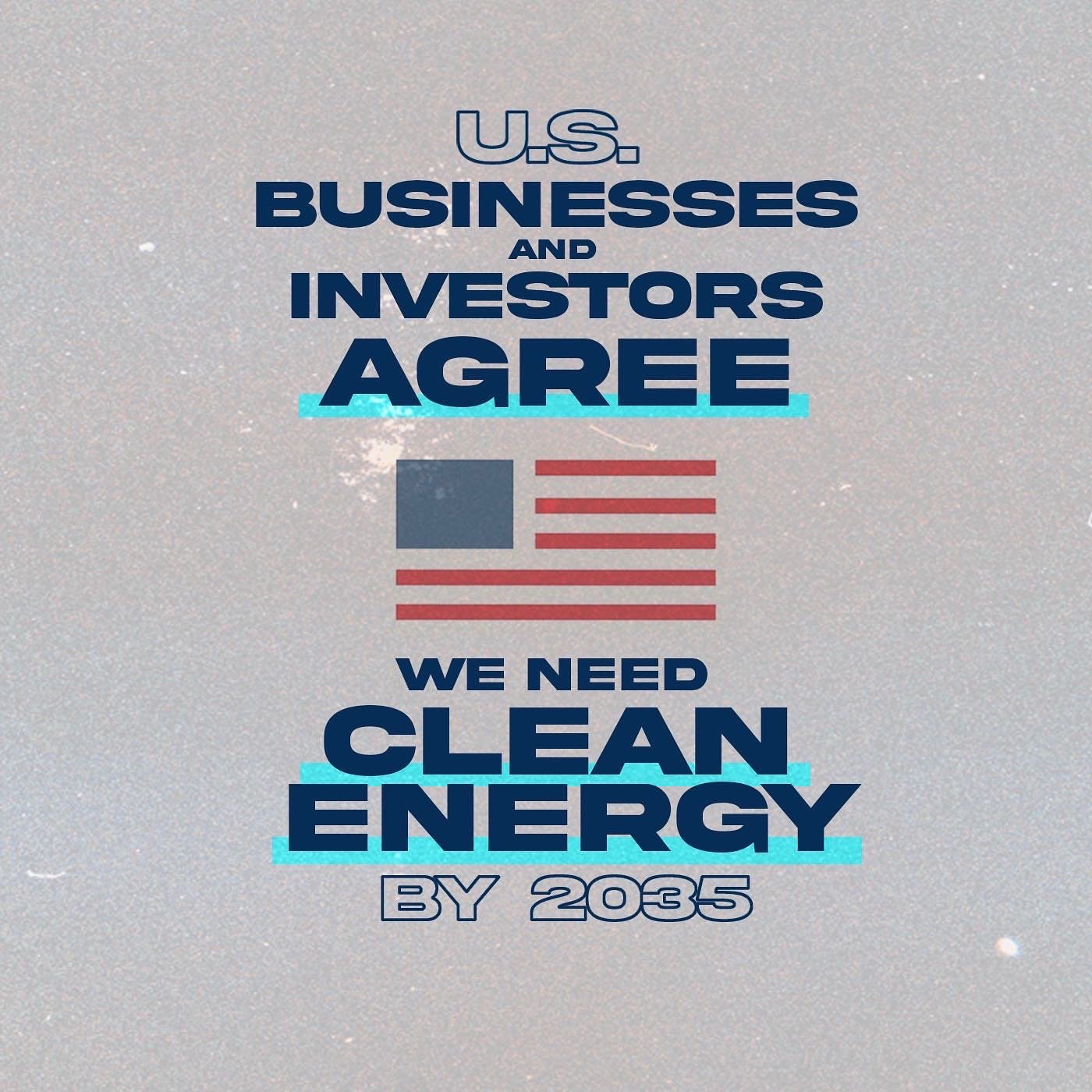Climate policy in the US has been such a roller coaster lately.
If you’re catching up, the Senate is trying to finalize an infrastructure and climate bill that includes things ranging from parental leave to the Child Tax Credit. The most significant item, in my opinion, is CEPP- which is the most promising policy proposed at significantly cutting US emissions at an appropriate pace to keep climate change under 1.5° C.
So much has aligned perfectly for this to be feasible. A House majority that might not last. The dramatic flip of two Georgia Senate seats. The persuasion of nine Representatives who were holding out.
Which is why its all the more frustrating that it seems like a Senator from West Virginia with strong coal ties might derail the whole thing.
I’m a believer that politicians are not the be-all-end-all of climate change, which might be why I’m a little more hopeful than many in the conversation. There’s a great article that The Atlantic ran last summer on how the US managed to exceed Obama’s climate goals even though none of his proposals succeeded.
But with that said… policy is still crucial. And it’s connected to how individuals conduct their lives.
There’s a narrative that the environment and economy are competing interests. But there is no economy without a liveable environment, which is why forward thinking businesses defy that narrative and push for climate action. When you put together all those that have issued statements in support it represents as much as 1/7th of the US economy.
It takes a lot of pressure to override industrial lobbying but it can happen. It just needs to be impossible to escape.




